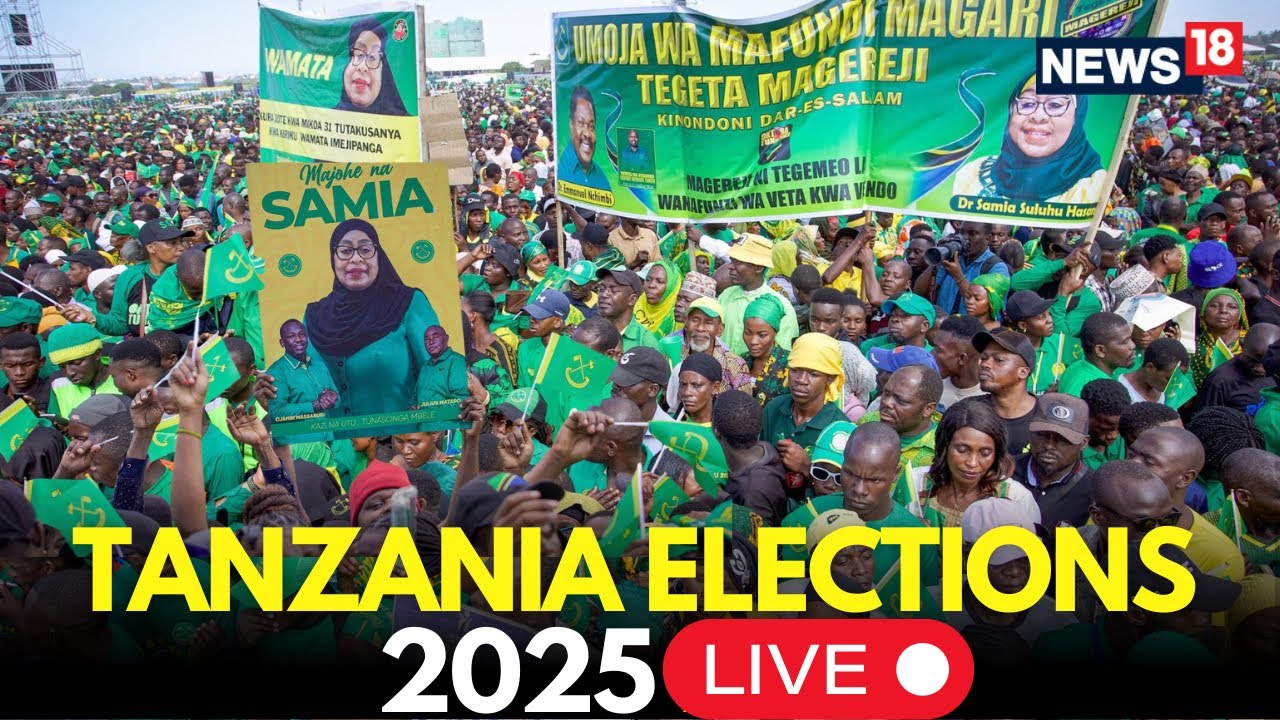Introduction
The significance of the upcoming Tanzania elections in 2024 cannot be understated, as they represent a critical juncture in the country’s democratic journey. With the political landscape shifting and ongoing discussions about governance and citizen participation, the elections are expected to shape Tanzania’s future trajectory. As citizens prepare to cast their votes, understanding the issues at stake and the dynamics of the electoral process is essential for active participation.
Current Political Landscape
The political environment in Tanzania has been marked by both opportunities and challenges in recent years. Following the death of former President John Magufuli in March 2021, Samia Suluhu Hassan ascended to the presidency, becoming the first female head of state in Tanzania. President Hassan has initiated various reforms, emphasizing inclusivity and transparency in her administration, which has sparked discussions about the possible changes in the upcoming elections.
With the elections set to take place in October 2024, the main political parties, including the ruling Chama Cha Mapinduzi (CCM) and the opposition party Chadema, are gearing up for a competitive race. The opposition has been vocal about various issues, including government accountability, human rights, and economic policies, positioning itself to challenge the CCM’s long-standing dominance.
Key Issues at Stake
Several pressing issues are at the forefront of the election discourse. One of the critical concerns is the economic recovery following the disruptions caused by the COVID-19 pandemic. Voters are keenly focused on candidates’ plans to revitalize the economy, providing jobs, and improving public services. Additionally, the political parties are being scrutinized for their stance on governance reforms, social justice, and upholding human rights.
Moreover, young voters, who constitute a significant portion of the electorate, are advocating more actively for policies that address climate change, education reforms, and technology access. Their engagement is expected to influence the electoral outcomes as they demand a greater voice in shaping the nation’s future.
Conclusion and Significance
As the country approaches the elections, it becomes increasingly crucial for Tanzanians to participate meaningfully in the electoral process. The 2024 elections not only represent a choice between candidates but a broader vision for the nation’s identity and policies. It’s a pivotal moment for citizens to express their aspirations and resolve not only through their ballots but also by engaging in civic discussions around key issues. The outcomes will not only affect Tanzania’s political landscape but will also signal the direction of democratic governance in the region.


